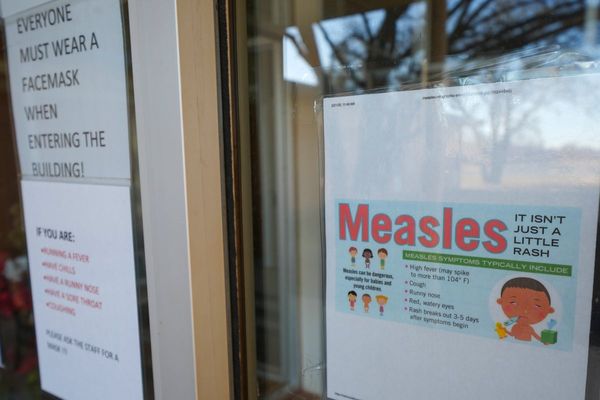
In the nation’s hub for Black-owned businesses, Atlanta-based venture capital fund the Fearless Fund took a blow on Sept. 30 as it was temporarily blocked by the U.S. Supreme Court from awarding Black female entrepreneurs $20,000 grants to jumpstart their businesses.
Edward Blum, a former stockbroker who successfully put an end to affirmative action policies in U.S. college admissions, filed a lawsuit in the 11th U.S. Circuit Court of Appeals in Atlanta in early August against the fund through his nonprofit organization, the American Alliance for Equal Rights. He labeled the Fearless Fund as "racially exclusionary," saying that it violated the 1866 Civil Rights Act, which banned racial discrimination in contracts.
Related: The NBA's next Black owner could be this legend — but he has only one team in mind
The Fearless Fund addressed the decision in a statement, saying, "We strongly disagree with the decision and remain resolute in our mission and commitment to address the unacceptable disparities that exist for Black women and other women of color in the venture capital space."
Founded in 2019, the Fearless Fund was founded with the mission to “to bridge the gap in venture capital funding for female founders of color building scalable, growth-aggressive companies.” The Fearless Fund has investors from major companies such as Bank of America, JP Morgan Chase & Co. and Equity Alliance. It has even partnered with BeyGOOD, a charity fund that was founded by singer Beyoncé Knowles-Carter.
More Diversity, Equity, & Inclusion:
- Battle for Pride: What to know about the Target backlash
- How online payments services like PayPal and Venmo are ‘gentrifying the internet’
- The Bud Light transgender controversy and its impacts explained
Attorneys for the Fearless Fund made it clear that the fight isn't over. After the U.S. Supreme Court ruling, the fund's attorneys announced that civil rights lawyers will be joining the case to defend the fund, including Ben Crump, who is also a part of George Floyd family’s legal team.
The Fearless Fund is one of the many companies under the target list of Republican lawmakers with an agenda to curtail affirmative action in private institutions and can set the tone of for the future of race in the workplace.
The steep challenges Black female entrepreneurs face
The ruling is another setback for Black female entrepreneurs, who struggle to obtain funding for their startup companies in an economy that lags in diversity. According to recent U.S. Census data, Black-owned businesses make up roughly 2.5% of the nation’s businesses, with Black women representing the fastest growing entrepreneurs in the country, despite facing inequities when it comes to accessing capital funding.
According to the Fearless Fund, in 2022 Black female entrepreneurs received less than 1% of the $288 billion that was shelled out by venture capital firms. These disadvantages for Black women in the world of entrepreneurship stem from generations of social, racial and wealth inequalities which can make accessing opportunities for financial investment and training more of a challenge compared to white business owners.
According to an analysis by Goldman Sachs in 2020, Black business owners face a rejection rate that is three times higher than white business owners when it comes to applying for funding, this may explain why 61% of Black women self-fund their startups. When it comes to earning revenue, Black female business owners earn $24,000 annually which is about six times less than all women-owned businesses.
Get exclusive access to portfolio managers and their proven investing strategies with Real Money Pro. Get started now.







